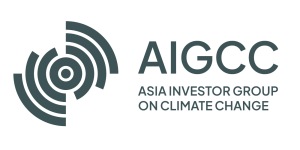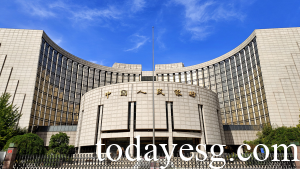
The EU Adopted Corporate Sustainable Due Diligence Directive
The European Union has adopted the Corporate Sustainability Due Diligence Directive (CSDDD), which requires companies to strengthen sustainable practices in the business sector and reduce the negative impact of their business activities on the environment and society














